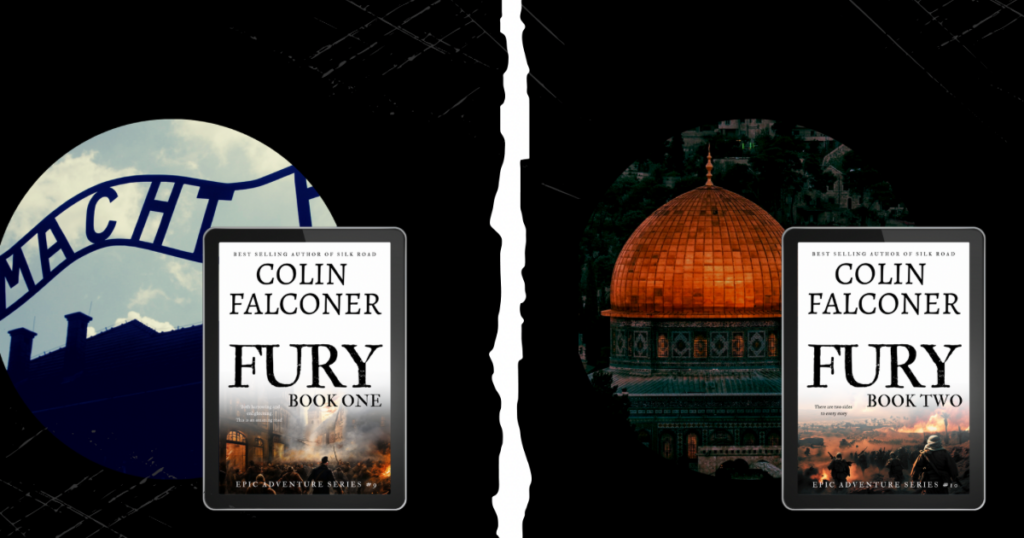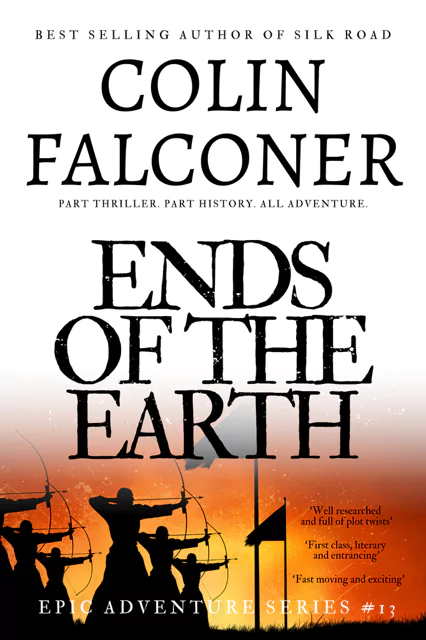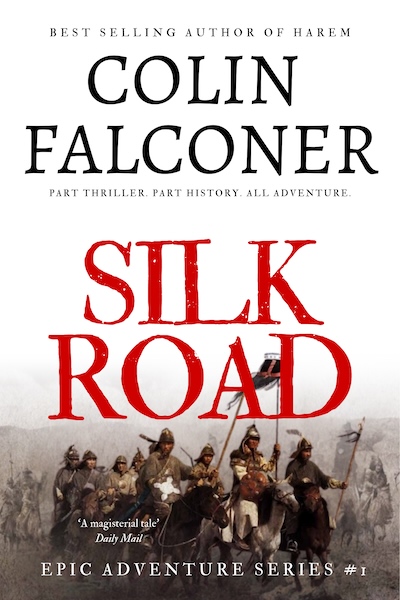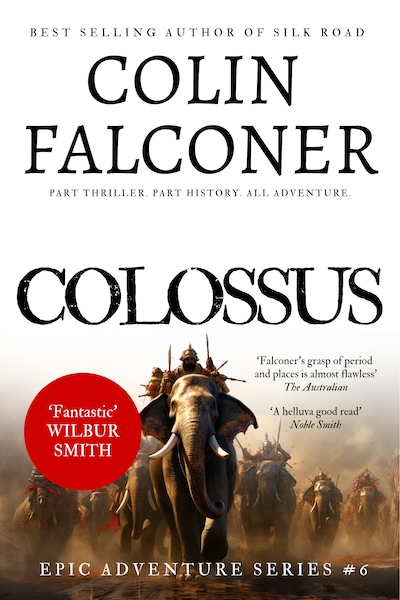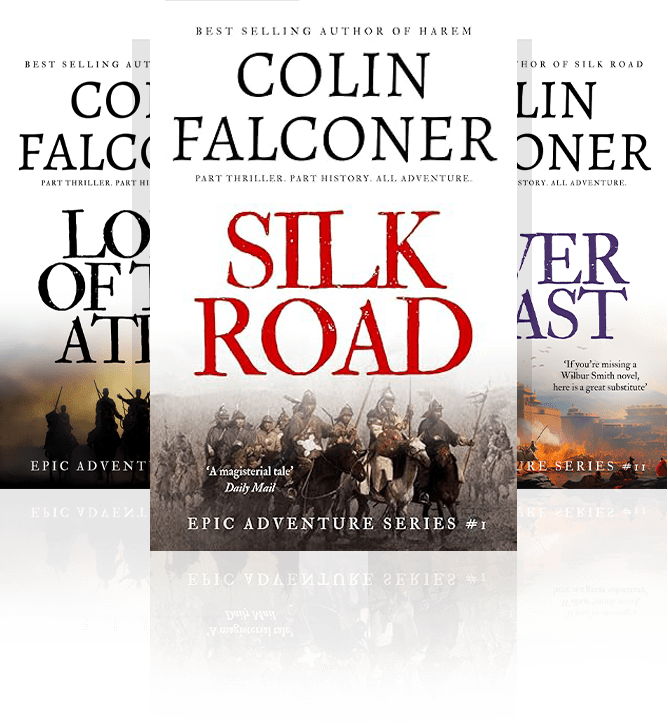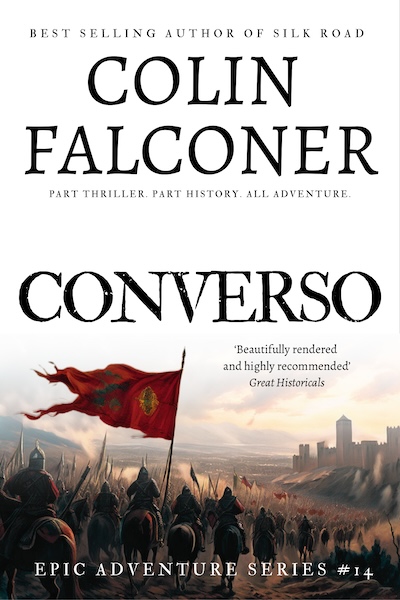‘There’s been fighting over the Middle East for thousands of years. It will never end.’
At the time that I heard someone say this, I didn’t know much about Middle East politics. But it intrigued me, so I did some research.
The Holy Land has been anything but holy. According to the Christian Bible, it is where the first ever murder took place – when Cain murdered Abel.
Inhabited since the Bronze Age by Canaanite tribes, it has been the setting for innumerable conflicts. The Assyrians, the Babylonians, Alexander the Great, the Romans, the Byzantines, the Crusaders, the Mamluks and the Ottomans have all conquered and ruled there.
The Jewish-Roman wars in the century following the death of Christ, and the ensuing destruction of Jerusalem, formed the backdrop of the modern-day conflict. The crushing of Judean resistance to Roman rule led to the dispersion of the Jewish people.
For the next two thousand years, Jews all over the world dreamed of their eventual return. ‘If I Forget Thee O Jerusalem’ (Psalm 137) is recited by bridegrooms at the end of a Jewish wedding. The Passover seder meal ends with the words, ‘Next year in Jerusalem.’
In 1896, Theodor Herzl published a book offering his vision of a future Jewish state in Palestine. The Zionist movement made that dream a reality. By the early part of the 20th century, Jewish settlers were building communal agricultural settlements – kibbutzim – in Palestine, where Muslim Arabs had lived for hundreds of years and composed the vast majority of the population.
Ongoing conflict in the Middle East
The British Mandate in Palestine after World War 1, combined with British government support for Jewish immigration to Palestine, laid the foundation for the modern day hostilities. The British controlled Palestine for nearly thirty years. They oversaw numerous conflicts between the Jewish and Arab communities.
During World War 2, when the Nazi holocaust in Europe led to the displacement of millions of Jews, tensions escalated. Jewish refugees wanted a homeland. The Palestinian Arabs wanted to keep theirs. Both sides claimed Jerusalem as their capital by right and by God.
An ensuing short but bloody war led to the formation of Israel in 1948.
Two sides
Research for my Middle East novels led me to Jerusalem, where I was able to interview people from both sides of the divide. My aim wasn’t to add another history lesson to the canon. I wanted to write about people, not politics.
Book One is the story of Netanel, a Jew and holocaust survivor, who loses everything and heads to Palestine looking for sanctuary. Book Two is about Rishou and his Arab brothers, who call Palestine their home until it becomes Israel.
They are parallel stories about people caught up in history, people who are angry and bewildered by the chaos taking place around them.
It is human nature to take sides, to establish who is wrong and who is right. And it is difficult, even confronting, to hold two opposing views in your head and to acknowledge the merits of both of them.
My FURY historical thrillers were not simple novels to write. Both are best-sellers in their genre and I’m thrilled that most readers read both books. I have tried to be even-handed and faithful to the stories I was told by those who live there. I hope you take something valuable from them.
🔗 Grab your copies of FURY here on Amazon in Kindle, Kindle Unlimited or paperback.
